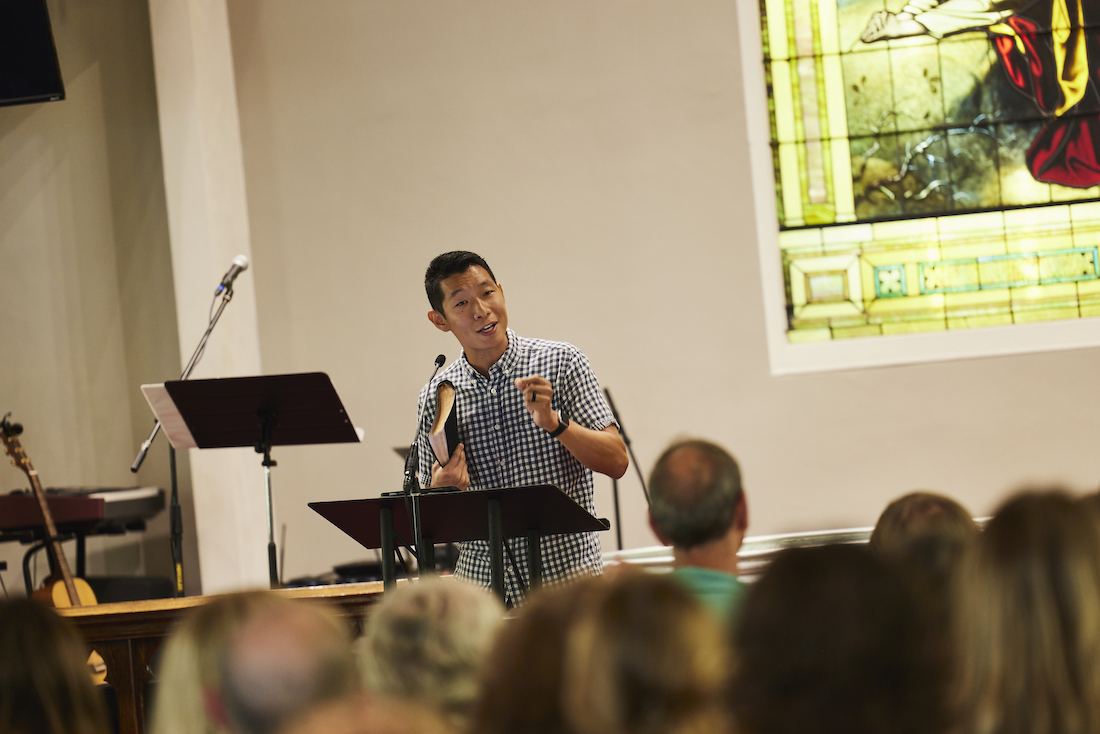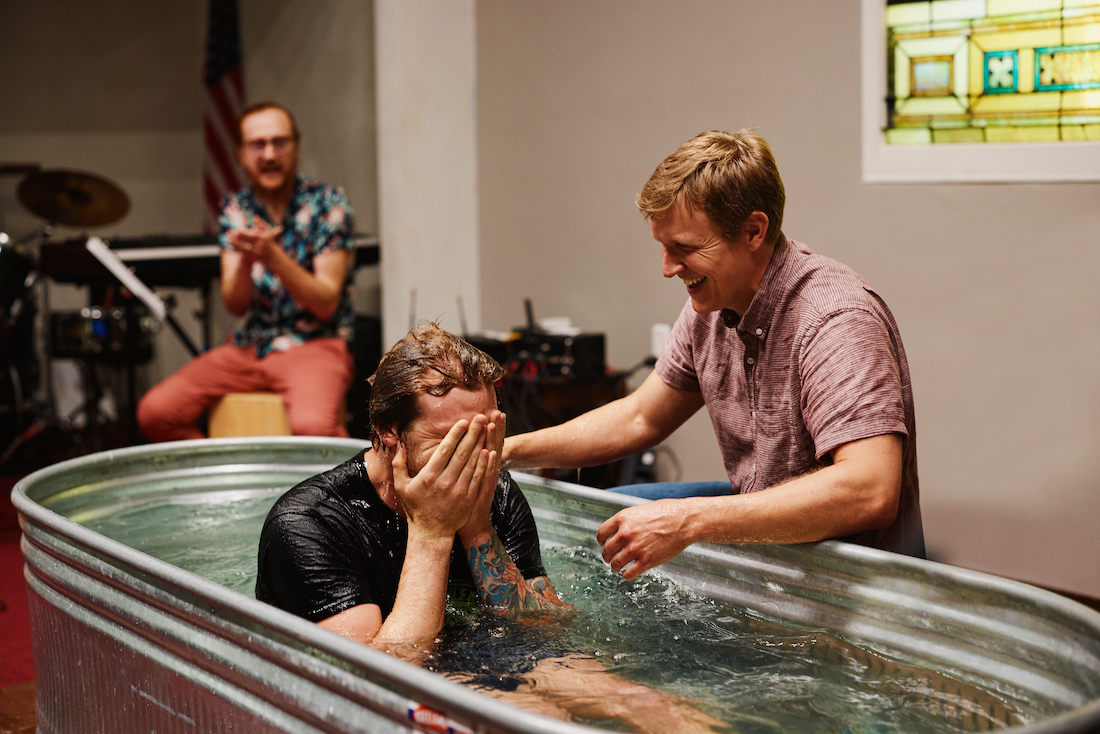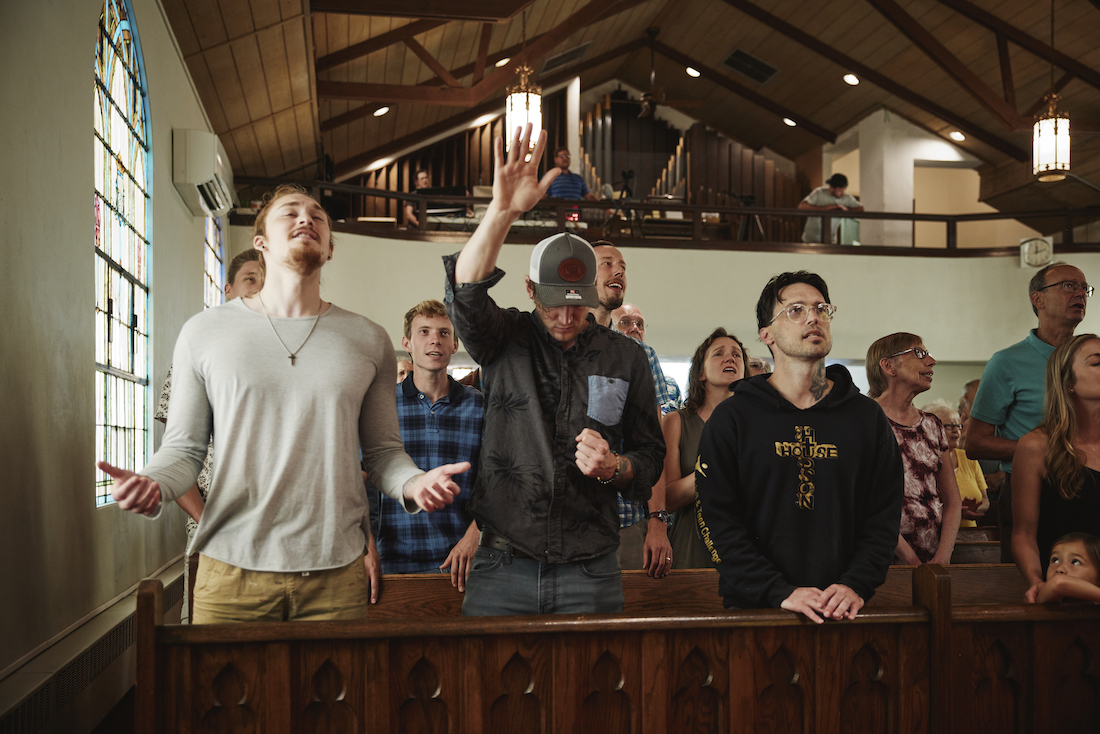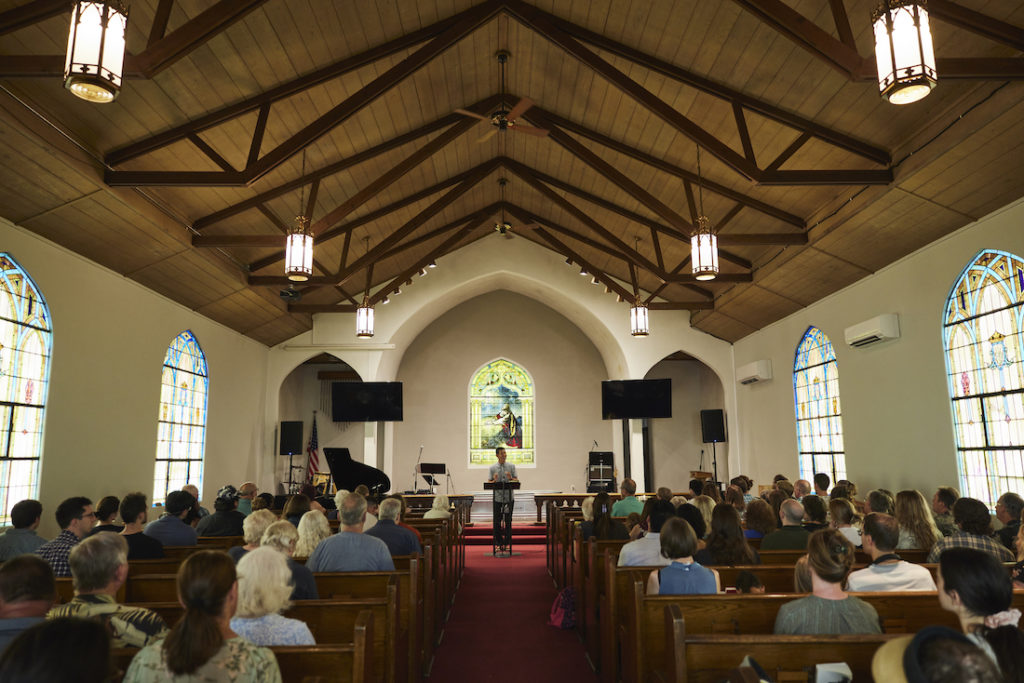MINNEAPOLIS—The coronavirus pandemic has marked 2020 as a watershed year for everyone around the globe. For the Twin Cities, though, George Floyd’s death on May 25 while in police custody unleashed a wave of turbulence in the city and became ground zero for escalated tensions in the U.S. and the world.
Sam Choi, planting All Peoples Church, lives and pastors just a few blocks from where Floyd lost his life.

“At least two places that we shop at or used, like a pharmacy and grocery store, were burned down to the ground, or destroyed,” Choi said. “So, it was really real. It wasn’t like something we just saw from afar. We would drive through the streets; it looked like we were in a war zone.”
Choi and his family first came to the city for seminary with a sense that planting a new church was in his future. So, Choi, a church planting missionary with the North American Mission Board (NAMB), had been invested in and living in the community for several years.
He didn’t expect that Minneapolis, though, would be the destination of his plant, and he could not have imagined that tragedy would strike the city not long after they started church planting.
“It feels like such a long time ago, but it was only a few years ago,” said Choi. “I remember the anxiety of our whole city and seeing every night, I think we were like, ‘What is going to happen tonight?’”

Protests and violence filled the streets, Choi said, and neighbors would start chat groups to help everyone stay aware. Then, the next day, people would wake up and start helping one another.
“In the very beginning, there was this huge influx of care, and we were on the streets, cleaning, doing outreach, praying for people, providing meals,” said Choi. “For the most part, our church was unified way more than most. It was a scary time, but there was a lot of opportunity for outreach.”
Following Floyd’s death, the church had an opportunity to serve their community by providing food and helping with clean up after nights of unrest. Many residents decided to leave the city for the suburbs, but Choi and his family felt called to stay.
He organized and launched his church in 2018 to be a church that intentionally reached across the various cultural lines that have the tendency to divide churches in the U.S.

“The very beginning of Jesus’ heart is going after and seeking and saving the lost, as the gospel of Luke says so well,” Choi said. “So, what would it be like to have a church that was of all peoples? And all peoples doesn’t mean just ethnically, but it means generationally, socially, economically.”
One of the most powerful apologetics for a local church—especially in a diverse city like Minneapolis—is that the gospel transforms lives and brings people together from all different backgrounds, Choi said, people whom you wouldn’t typically think of as spending time with each other.
Throughout the church’s ministry, All Peoples Church has seen people come to faith, but the process tends to be slow and messy as they reach people who are struggling with addiction to drugs and alcohol or have a steep, financial hill to climb to achieve economic stability.
One member, Elizabeth Efteland, started attending while the church was meeting at Martin Luther King Jr. Park during the pandemic and slowly started getting to know people. She had grown up in church but started wrestling with questions in college.
“In college, things got more complicated, and people started asking more questions. And I started asking more questions,” said Efteland.

She made friends who had experienced hurt in the church, and she struggled with whether she believed that Christianity was true. Efteland met with one of the church’s pastors to walk through the doubts she was experiencing.
As she became a part of All Peoples, she invited her brother, Johnny, who eventually came to the church, put his faith in Christ and was baptized.
“It’s a beautiful chain, and that’s how it’s supposed to be. You see that pattern in the gospels,” Choi said. “Someone encounters Jesus, and they go tell people, ‘Come and see!’ And that’s what’s been going on. Our church has almost 100 percent grown just through, ‘Come and see.’”
The Annie Armstrong Easter Offering® provides half of NAMB’s annual budget, and 100 percent of the proceeds go to the field. The offering is used on the field for training, support and care for missionaries, like the Chois, and for evangelism resources.
Published March 7, 2023
